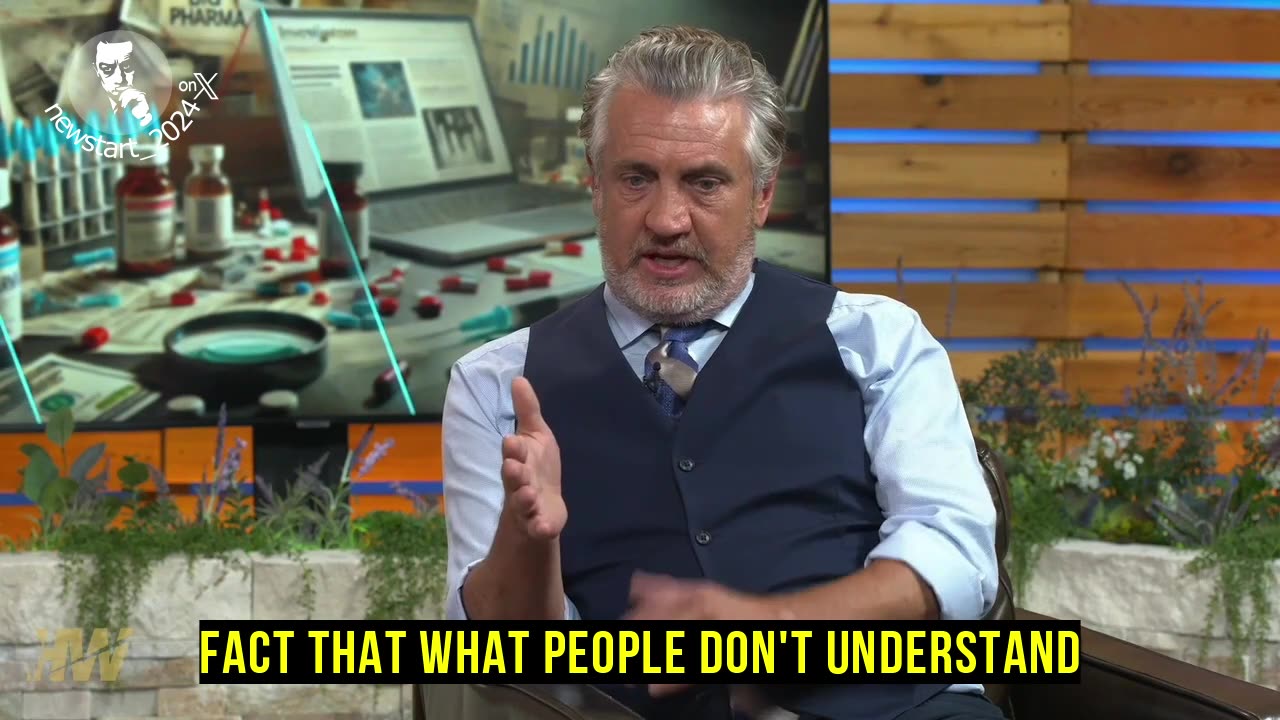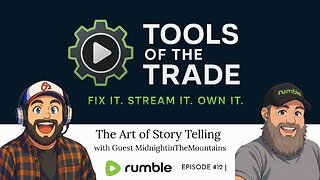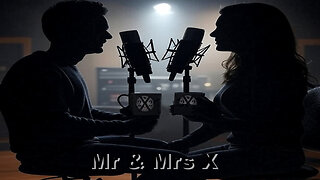Premium Only Content

Researchers have no control over the what happens with their research
Del Bigtree: "In the book, you mention the fact that what people don't understand is the pharmaceutical industry will hire an outside university professor or group to do research on a product, on a drug or something, and, you know, as the sort of the independent research but in the contract that says if we don't like the outcome we can keep it from being published.
Sharyl Attkisson: "Absolutely. So this started in the early 2000s when there were negative outcomes for drugs and researchers used to publish either way because that's how science works, there's knowledge to be gained. Right. And then you know drugs were being pulled from the market there was negative publicity and the drug companies started tightening up their contracts to keep researchers from reporting stuff if it wasn't positive or if it didn't come out right.
So a big challenge in the early 2000s was a scientist research group at a university in California that an AIDS vaccine candidate was stopped because it was going to be futile. They could tell early on it wasn't going to help. And the researchers went to publish and were told by the vaccine maker, you can't. And it was unheard of at the time. This was sort of as things were changing. They published anyway with the data that they had.
And the journals at the time, which were less compromised, the medical journals stood behind them and said, we have to stop the drug companies from calling the shots on science like this. Well, the company sued that top researcher for $7 million. This is to spank them and to let everybody in public know, if you're a researcher and you don't do what the sponsor wants, here's what can happen to you. Ultimately, they dropped the lawsuit because they were so shamed by the uproar over it. But after that, these contracts have been so buttoned down, the researchers have no control over the what happens."
-
 LIVE
LIVE
Grant Cardone
4 hours agoHow to Buy Real Estate With NO Money Down (LIVE Training With Grant Cardone)
1,339 watching -
 LIVE
LIVE
AlaskanBallistics
11 hours agoShooting the WhisperStrike WT30 Live!
80 watching -
 19:53
19:53
MetatronHistory
18 hours agoRome VS Greece - Ultimate Clash of Civilizations Explained
38.7K9 -
 LIVE
LIVE
The Big Mig™
4 hours agoThe Big Mig Show's Greatest Hits w/ Americas Future, Karmageddon, Operation Gideon,..
105 watching -
 1:32:33
1:32:33
VapinGamers
3 hours ago $4.46 earnedTools of the Trade - EP12 The Art of Story Telling with MidnightinTheMountains - !rumbot !music
17.6K2 -
 LIVE
LIVE
SOLTEKGG
3 hours ago🔴LIVE - Battlefield 6 - Going Pro in RED SEC
174 watching -
 LIVE
LIVE
Midnight In The Mountains™
4 hours agoThe Midnights Play Arc Raiders | Loot Scoot and KILL | Crypto Wallet up n running GO JOIN THE BETA!
92 watching -
 53:25
53:25
X22 Report
5 hours agoMr & Mrs X - Trump Is Using The Same Tactic As Our Founding Fathers To Rebuild America - EP 17
89K23 -
 LIVE
LIVE
PudgeTV
2 hours ago🟣 Arc Raiders - Gaming on Rumble | Going Topside w My Daughter’s Husband
73 watching -
 2:05:43
2:05:43
LFA TV
22 hours agoRUMBLE RUNDOWN WEEK 7 with SHAWN FARASH 11.22.25 9AM
148K9